In the mountains of northern Thailand, particularly in the provinces of Chiang Mai and Chiang Rai, there are seven main hill tribes: the Akha, Karen, Lahu, Lisu, Lawa, Hmong and Yao. There are also smaller ethnic groups such as the Palaung and Kachin.
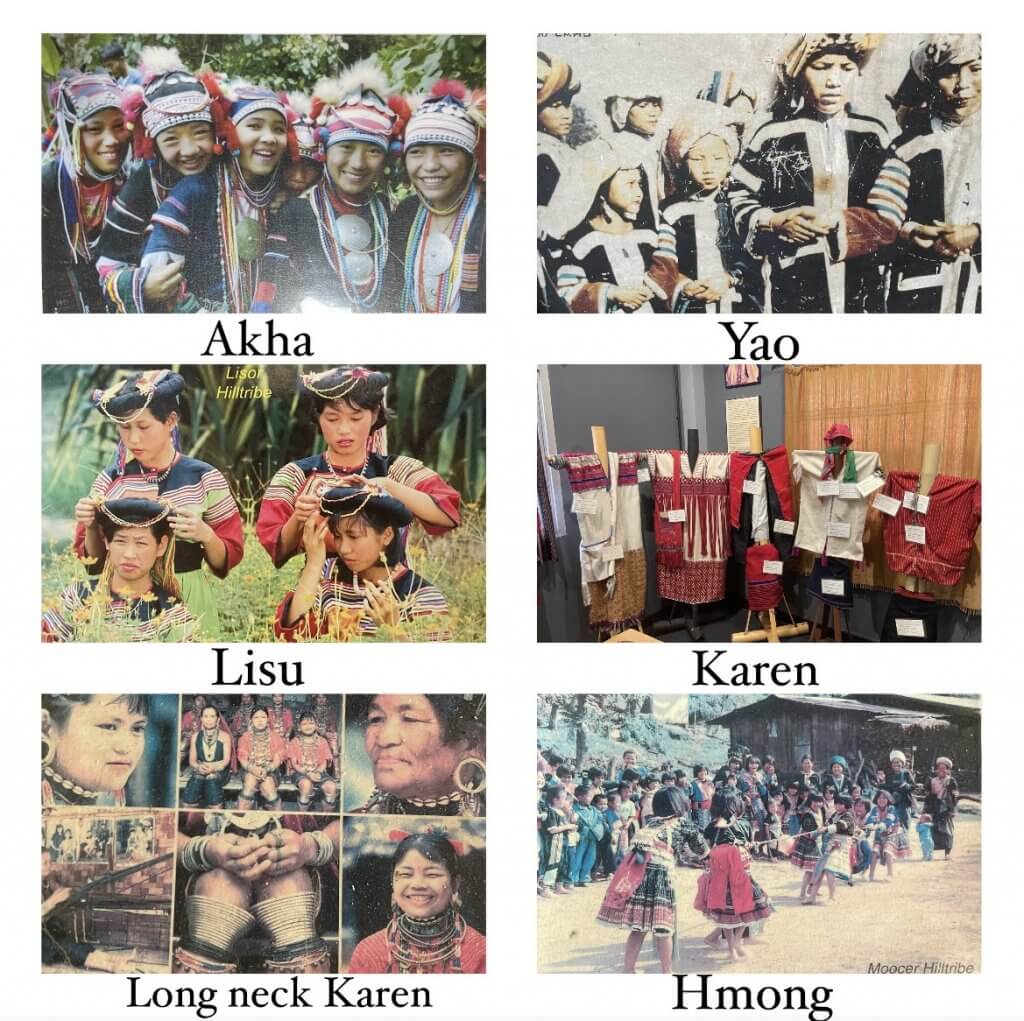
Access to any form of education for these ethnic groups is often difficult. Language barrier could be the first obstacle in this case as the language of each hill tribe is very differentfrom Thai. The family situation is also one of the barriers. Children sometimes come from drug addicted families, parents sometimes do not see the point in education at all. They want their children to work, or the family does not have enough money to send their children to schools of higher education. Another big obstacle is transportation. It is often very difficult for children from hill tribes to travel daily from villages in the mountains to schools in larger cities. Sometimes schools are located in villages in the mountains. Unfortunately, education here is at a very low level and ends at the sixth year of primary school, at the age of twelve.
The research of our student Eliška Boudná focused on the province of Chiang Rai. During her research, she interviewed seven NGOs that facilitate access to education for hill tribe children, a primary school that hill tribe children attend, a university that focuses on hill tribe students, and a Karen (ethnic group) woman who herself has achieved a bachelor’s degree and works as a social worker in refugee camps on the border with Myanmar/Barma.
Help of these organisations mainly focuses in accomodatingchildren on colleges during school year so they do not have to travel daily to school. They also give out food for the children and manage activities for these children with topics related to their traditions. Two of these organizations are focusing directly on village development and increasing quality of education in a direct way.
Eliška visited four mountain villages: Karen, Lahu, Yao and Akha. Nowadays it is hard to find a traditional hill tribe village. The reason is that most villages are modernizing themselves and making space to modern developments. Even in hill villages, we can observe elements of modern civilization, such as electricity grids or solar panels on the roofs of houses. However, despite the efforts to modernise villages, there are still people who live in conditions thatcertainly do not correspond to our European way of life.
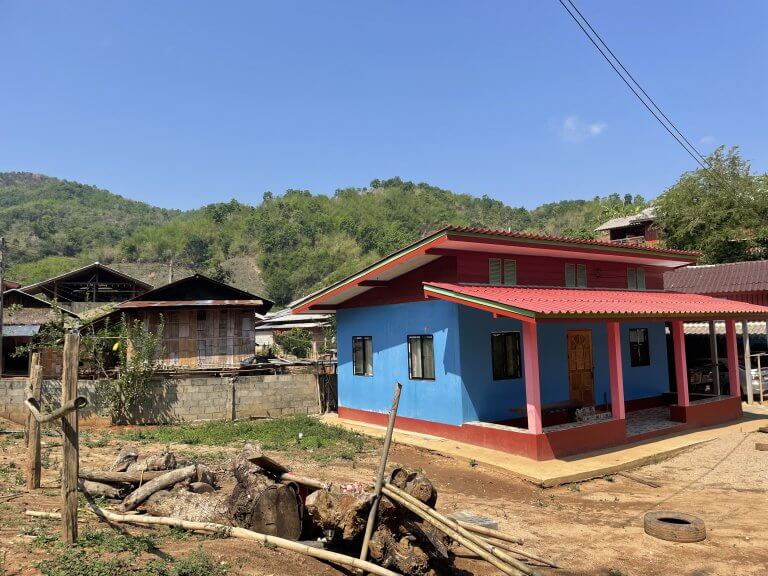
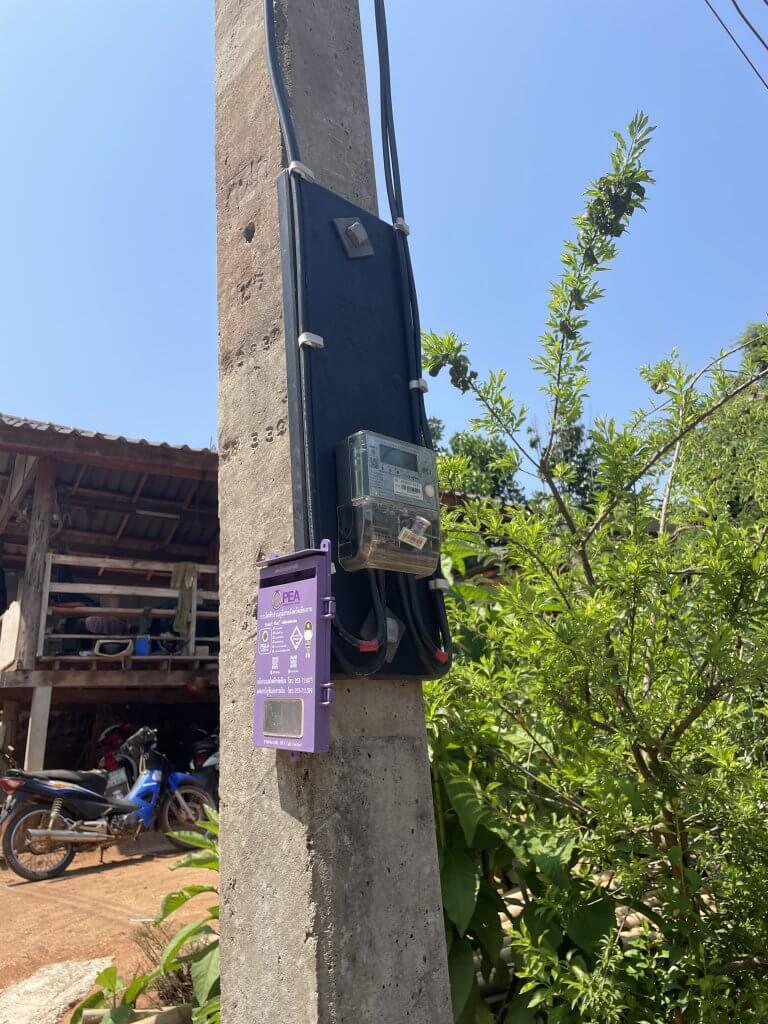
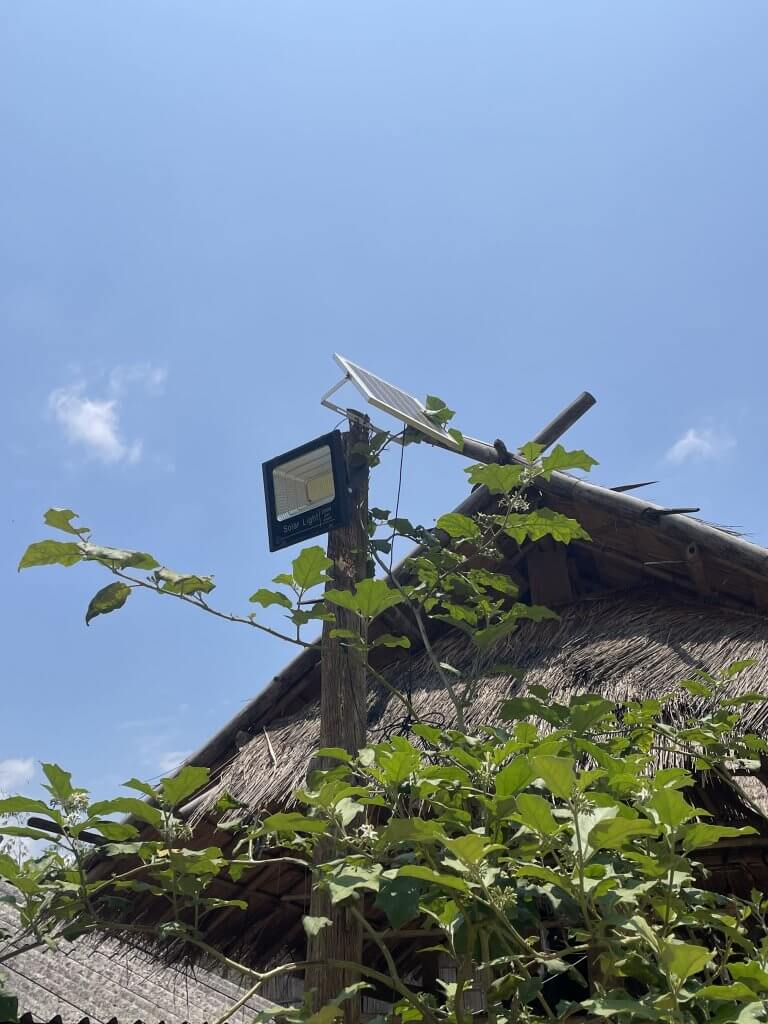
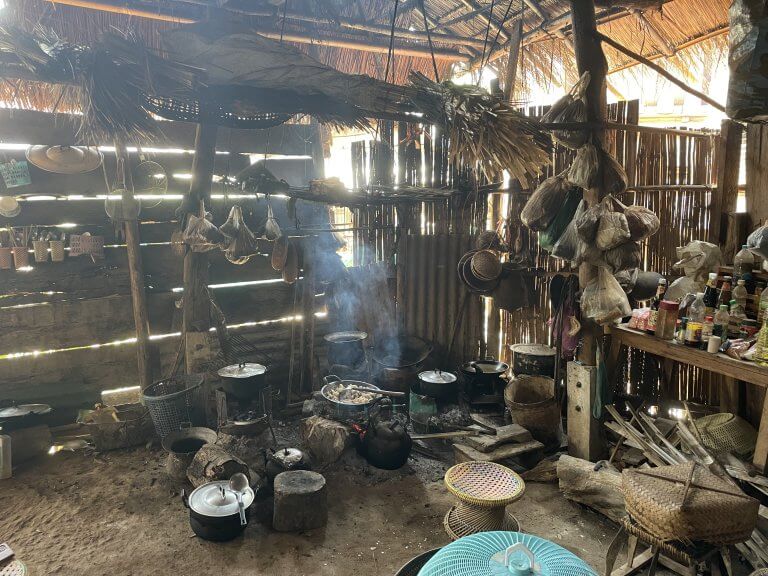
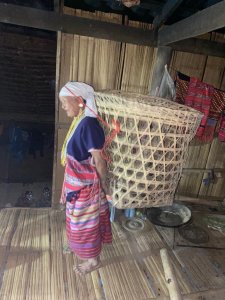
The situation with access to education for the hill tribes of northern Thailand is slowly improving. The current young generation is often the first in their families to have successfully completed more than primary school, thanks to the non-profit organisations that help these young talents find their way. However, the majority of people here are still not getting the next level of education, which is why the work of non-profit organisations is so important. Unfortunately, most organizations cannot expand their reach, for example helping more children or start new learning and development programs. There is very little public interest in helping hill tribes. This is one of the many reasons why organizations are not able to get more funding for their operations in the country.
If you would like to change this situation and support any of the organizations listed below: you will find contacts for each organization and ways in which you can help provide.
Bank transfer:
IBAN: NO38 1503 1435 576
BIC/SWIFT: DNBANOKK
Name of: DNB
Account holder: Thaid
Website: https://www.bcmthai.com/about-us
Bank transfer: https://www.paypal.me/SAKURAPROJECT1
Website: https://museum.sakuraproject.org/en/
Bank transfer: PayPal email: youthcharityfoundationthailand@gmail.com
Website: https://www.ycfthailand.com/
Bank transfer: PayPal.Me/camilliansocial
Website: Support Us (camillianchiangrai.org)
More news
-
Faculty of Regional Development and International Studies is once again continuing its long-standing Advent tradition and presenting a series of pre-Christmas charity collections. Every week of Advent, the Faculty will announce one charitable…1. 12. 2025
-
Foreign guests from Tanzania and Croatia visited Býčí skála with experts from…
Býčí skála, the second largest cave in the Czech Republic, became another stop for foreign guests from Tanzania and Croatia, who are staying at Mendel University in Brno this week as part of the Erasmus+ program. The visit was led by Professor…28. 11. 2025 -
Deal? Dýl? EKOFILM 51 Opens with a Bold Take on the Green Deal
Brno/Prague, 18 August 2025 What comes first: an agreement, or further delays? Nature won’t wait. Can we reach a deal in time? The planet will survive – but what about future generations? What kind of world will they inherit? The 51st EKOFILM…18. 8. 2025 -
FRRMS to Support Farmers in Georgia and Bosnia and Herzegovina
Brno, April 8, 2025 – The Faculty of Regional Development and International Studies at Mendel University in Brno (FRRMS) launched a new international project in March 2025 titled Family Farms in Short Food Supply Chains: Transferring Experience…11. 6. 2025 -
International Workshop on Family Farms and SFSC Strategies
📍 Dolní Věstonice, Czech Republic | 📅 July 7–11, 2025 This workshop offers a unique opportunity to exchange knowledge, build partnerships, and contribute to sustainable agricultural development in the region. From July 7 to 11, 2025, a five…11. 6. 2025 -
FRRMS to Support Farmers in Georgia and Bosnia and Herzegovina
Brno, April 8, 2025 – The Faculty of Regional Development and International Studies at Mendel University in Brno (FRRMS) launched a new international project in March 2025 titled Family Farms in Short Food Supply Chains: Transferring Experience…8. 4. 2025 -
Climate Adapt Forest Project Continues: Researchers Discussed Site Selection…
On January 17, 2025, a meeting of the researchers involved in the Climate Adapt Forest (CAF) project, supported by the Interreg Slovakia-Czech Republic program, took place. This project focuses on the adaptation of forest ecosystems to climate…29. 3. 2025 -
Launch of the Project “Bats and Mycobacteria: A New and Surprising Vector?”
At the Faculty of Regional Development and International Studies of Mendel University in Brno (FRRMS MENDELU), the kick-off meeting of a new research project funded by the Czech Science Foundation (GAČR) took place. The project is titled “Bats and…27. 3. 2025 -
Workshop for WAMPES stakeholders
An expert workshop with stakeholders took place within the project Incorporating the concept of ecosystem services assessment into future river basin plans - WAMPES. The project's principal investigators presented its purpose, objectives and…5. 3. 2025 -
Mendel University Opens "Islands of Discovery" Exhibit at VIDA! Science Center
Mendel University is opening the Islands of Discovery exhibit at the VIDA! Science Center, focusing on fascinating topics from both natural and social sciences. The exhibit invites children and adults alike to ask questions across various…17. 2. 2025